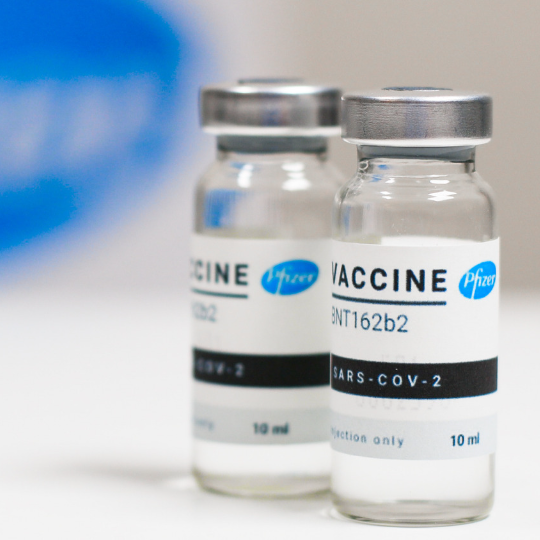Pfizer is a global pharmaceutical company that has been in operation for over 170 years. The company was founded in 1849 by two cousins, Charles Pfizer and Charles Erhart, who started as a small chemical business in Brooklyn, New York. Over the years, Pfizer has grown into one of the largest pharmaceutical companies in the world, with a presence in more than 175 countries.
Pfizer’s business model and strategy are critical factors contributing to its success. The company has a diversified portfolio of products, from prescription drugs to consumer healthcare products. This diversification helped to mitigate risks and ensure steady revenue streams for Pfizer over the years.
Pfizer also invests heavily in research and development (R&D), focusing on developing innovative medicines that address unmet medical needs. In 2020 alone, the company invested over $8 billion in R&D. This investment has led to the development of some of the most widely used drugs globally, including Lipitor, Viagra, and Celebrex.
Regarding market share, Pfizer is one of the largest pharmaceutical companies in the world. According to data from Statista, Pfizer had a global market share of around 5.5% in 2020, making it the third-largest pharmaceutical company by market share.
Despite its success, Pfizer has faced its fair share of challenges. One notable example is the controversy surrounding its painkiller, Bextra, which was withdrawn from the market due to safety concerns. However, Pfizer has taken steps to address these issues and improve its reputation.
Pfizer’s history and business model are a testament to its resilience and ability to adapt to changing market conditions. With continued investment in R&D and a focus on innovation, Pfizer will likely remain a significant player in the pharmaceutical industry for many years.






